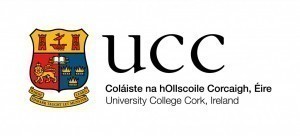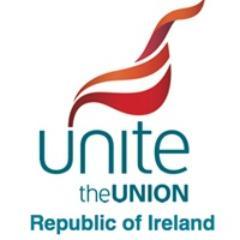2 April 2017
By Tom Collins
tom@TheCork.ie
The year 2016 saw a record global mean temperature exceed 1ºC above pre-industrial levels for the first time in 100,000 years. Global sea-ice coverage in 2016 was also the lowest recorded.
Despite continuing debate, and recent political shifts, the evidence of human-induced climate change has never been clearer.
As part of UCC’s Climate Lab 2017 seminar series, Professor of Climate System Dynamics at the University of Exeter, UK, Peter Cox, will present a lecture titled How far should we go to stop climate change? on Monday, April 3, 2017 at 6.30pm in Room 1.07 in the Western Gateway Building on Western Road, Cork.
The internationally recognised climate expert will explain the background to the climate change challenge that humanity faces, and summarise the science and risks associated with proposed geoengineering solutions.
2016 was, in fact, the third consecutive record global mean temperature in the instrument record, beating 2015 into second, and 2014 into third place.
Professor Cox points out that in 2009, at the International Climate Negotiations in Copenhagen, it was agreed that a 2oC global warming above pre-industrial levels would be dangerous and should be avoided.
He explains: “If CO2 emissions continue to grow at 2% per year, the remaining budget of CO2 emissions to stay below 2oC will be used up in about 25 years, which is within the lifetime of most of the people alive today.”
Climate negotiations, such as the Paris COP21 meeting last December, have been focussed on reducing CO2 emissions — so-called ‘conventional mitigation‘ — to avoid dangerous climate change.
However, Professor Cox says that unfortunately, the slow progress in the negotiations means that this common-sense approach to dealing with the climate change problem is now unlikely to keep the planet below 2oC of global warming, let alone the 1.5oC target discussed in Paris.
“Avoiding 1.5oC of global warming would almost certainly involve some form of ‘geoengineering’ – which is the deliberate modification of the climate system to counteract global warming,” he warns.
Geoengineering can take two basic forms, explains Professor Cox. The first involves removing carbon dioxide from the atmosphere and burying it safely, probably through a combination of large-scale bioenergy production and carbon capture and storage (or ‘BECCS’ for short).
“The second approach is even more radical and involves instead making the planet brighter so that it reflects more sunlight to counteract greenhouse warming. Both approaches have known side-effects and likely unintended consequences, which are not being widely debated, but need to be before any geoengineering should be attempted,” states Professor Cox.
This lecture is a free event open to the public organized by UCC Climate Lab at the Environmental Research Institute, UCC. All are welcome. Please register at link below.
https://www.eventbrite.ie/e/ucc-climate-lab-2017-seminar-series-how-far-should-we-go-to-stop-climate-change-tickets-33144413834


